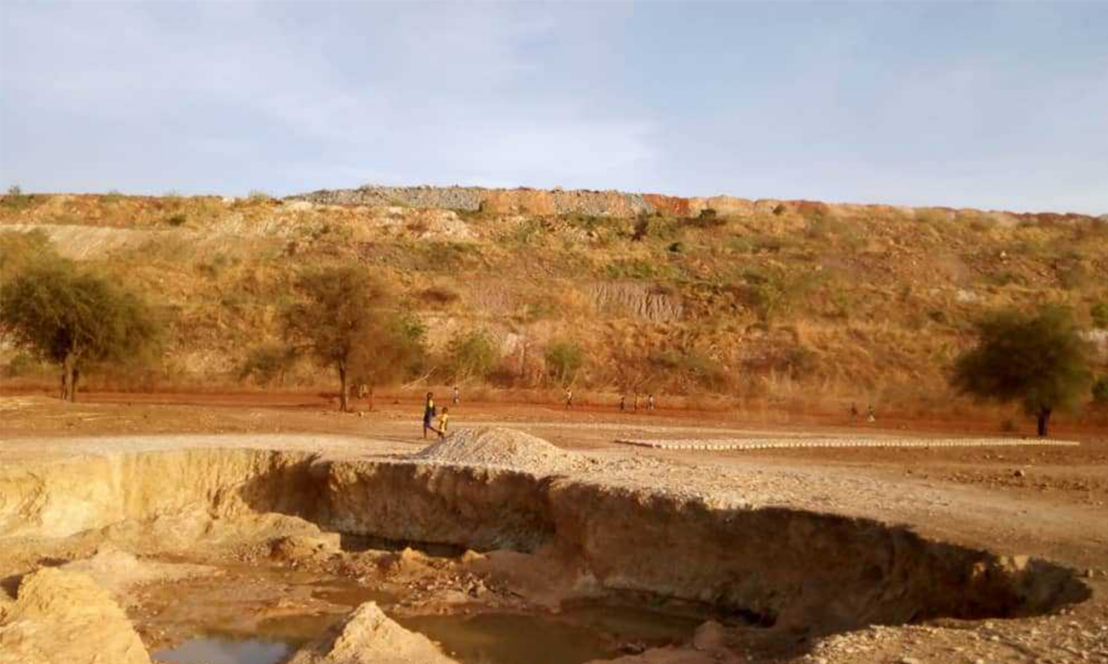Study: Public health regulation in large-scale mining
The effects on public health of large-scale resource extraction in Africa are often ignored. An ETH study provides a framework to understand the priorities of different stakeholders, offering insights for initiating policy dialogue and reforms.

A study in Burkina Faso by NADEL’s Joschka Proksik, Fritz Brugger, and colleagues from Burkina Faso, explores establishment of regulations related to health impact due to large-scale mining.
The study, published in Resources Policy, explores the positions of 18 government, private sector, and civil society stakeholders in Burkina Faso on the need to regulate the public health impacts of large-scale mining.
Policy instruments are available to mitigate negative effects on public health - the most eminent being the Health Impact Assessment (HIA), an approach to anticipate future effects of policies and programs. However, such instruments have not been widely established.
Stakeholders agree on the need to regulate the health impacts of mining projects. They also share the opinion that industry self-regulation is not an option and that HIA should be incorporated as a regulatory tool. However, stakeholder perspectives also reveal different reform priorities and focal points.
The study provides an analytical framework that draws on the concept of HIA to map the policy preferences held by different stakeholder representatives. The framework is generic and can be applied across different settings, guiding policy research and regulation of public health in natural resource extraction projects.